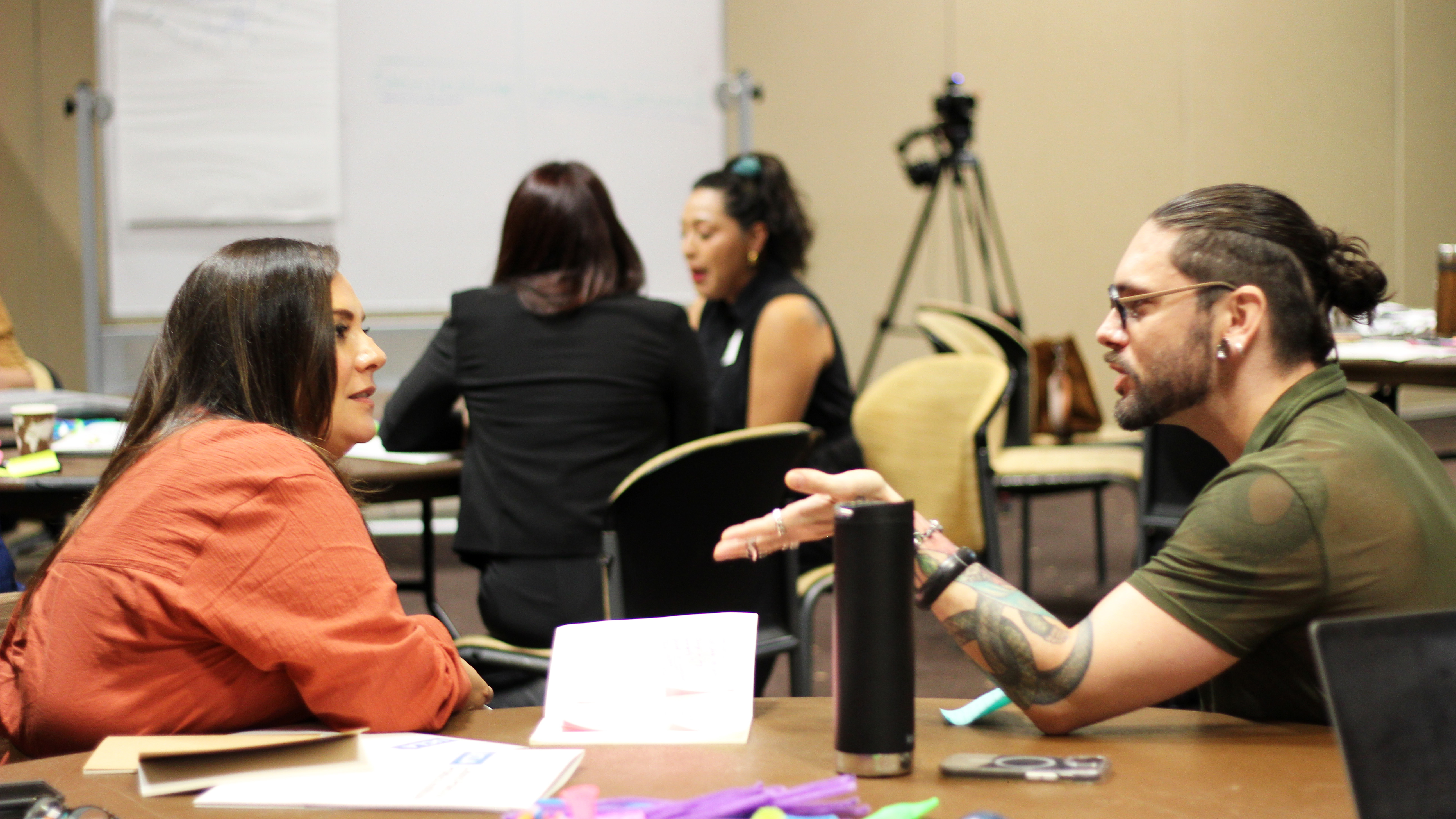ASU and UCLA launch Latino Data Hub Action Lab to empower and train policy advocates

This week, Arizona State University’s Center for Latina/os and American Politics Research (ASU CLAPR) and the University of California Los Angeles’ Latino Policy and Politics Institute (UCLA LPPI) launched the Latino Data Hub Action Lab, an initiative focused on using data to influence policies affecting Latino communities.
The first group, made up of 15 policy advocates and community leaders in Arizona, will use data from the Latino Data Hub – an online tool that uses data from the American Community Survey collected by the Census Bureau – to support decision-making in areas such as health, education, housing and employment.
Rodrigo Dominguez-Villegas, research director at UCLA LPPI, who initiated the project, explained that the institute uses existing census data and presents it on a user-friendly platform.
“There’s no need to write code, no need to know any computer language, just by pointing and clicking people can select a whole range of different things from what we call indicators,” said Dominguez-Villegas.
The data hub contains 130 indicators or pieces of information that highlight ten key areas of concern that most affect the Latino population, including housing, health insurance, digital technology, child well-being, employment, democracy and voting rights, transportation, education and language, income and poverty, and demographics.
“When there are differences in outcomes or indicators between groups, it leads us to ask ourselves why there are differences between groups. This in turn allows us to dig deeper into the interventions, policy decisions, etc. that target the groups that are most affected or have the least access to certain things,” added Dominguez-Villegas.
The Data Hub team will work with the cohort for four months to integrate this data into their own community-focused work.
One of the participants is Selina Barajas, a small business owner who plans to open her own cafe, Luna y Sol Cafe, in south Tucson.
Barajas was nominated to the Action Lab by a professor at the University of Arizona, with whom she has worked on community reinvestment projects in south Tucson.
“A big part of my desire to do this research now is to show these numbers in the data and tell the stories before this area becomes heavily gentrified and before the structure changes drastically,” Barajas said.
Dr. Angie Bautista-Chavez, assistant professor at ASU CLAPR, emphasized that societal issues such as those identified by Barajas are at the heart of Action Lab’s work and are directly linked to politics, influence and policy.
Institutional collaboration encourages participants to ask deeper questions about the Latino community in the United States
“There’s this kind of shared experience. We’re all trying to do good, but in reality we’re doing things differently to provide more resources to our communities so we can intervene against inequalities,” Bautista-Chavez said.



